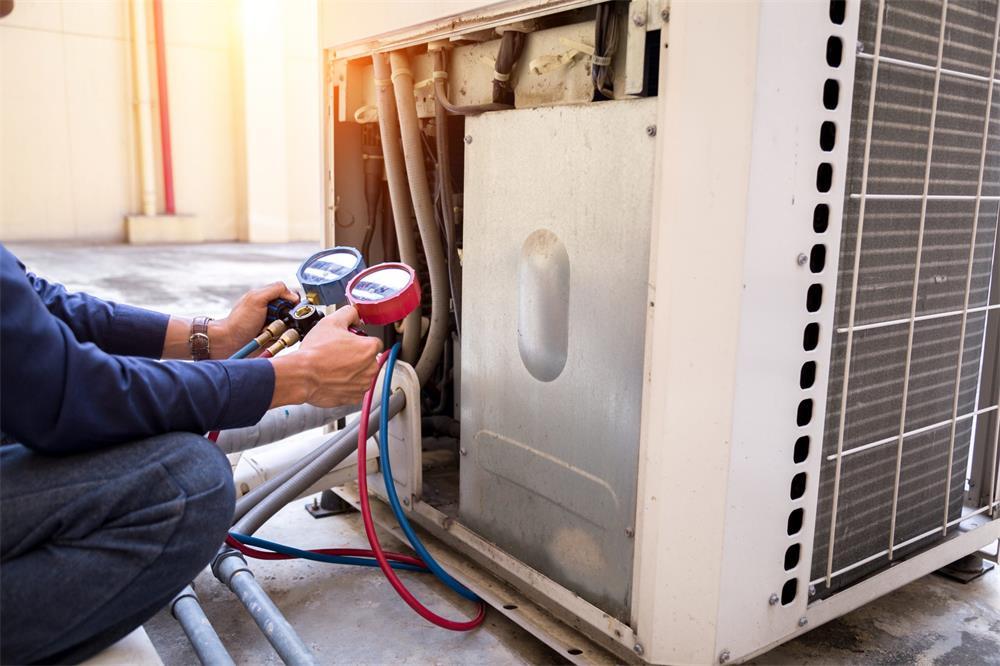Boiler coatings play a critical role in ensuring the longevity and efficiency of industrial boilers, which are widely used in various applications, including power generation, manufacturing processes, and heating systems. Among the plethora of coating options available, two prominent categories stand out: ceramic-based coatings and metal-based coatings. In this article, we will explore the characteristics, advantages, and disadvantages of these two types of boiler coatings to help you make an informed decision for your specific application.
Ceramic-Based Boiler Coatings
Ceramic-based coatings are known for their exceptional thermal resistance and insulation properties. These coatings are composed of ceramic materials, such as aluminum oxide or zirconium oxide, suspended in a binder matrix. Here are some key characteristics of ceramic-based boiler coatings:
Advantages of Ceramic-Based Coatings
- High Temperature Resistance: Ceramic coatings excel in environments with extreme temperatures. They can withstand temperatures well beyond 1000°C (1832°F), making them ideal for boilers operating under extreme conditions.
- Thermal Insulation: Ceramic coatings provide excellent thermal insulation, helping to reduce heat loss from the boiler. This can lead to increased energy efficiency and cost savings.
- Corrosion Resistance: Ceramic coatings offer good corrosion resistance, protecting the underlying metal substrate from oxidation and chemical reactions with the boiler’s contents.
- Abrasion Resistance: They are highly resistant to abrasion, making them suitable for boilers exposed to abrasive particles in combustion gases.
Disadvantages of Ceramic-Based Coatings
- Brittleness: Ceramics tend to be brittle, which can lead to cracking and chipping under mechanical stress or thermal cycling. This can compromise the coating’s effectiveness over time.
- Application Challenges: Applying ceramic coatings can be complex and may require specialized equipment and expertise, which can increase initial costs.
Metal-Based Boiler Coatings
Metal-based coatings are often made from alloys or pure metals like aluminum, zinc, or stainless steel. These coatings offer their own set of advantages and disadvantages in the context of boiler applications:
Advantages of Metal-Based Coatings
- Flexibility: Metal-based coatings are more flexible than ceramics, making them less prone to cracking and chipping under mechanical stress or thermal cycling.
- Ease of Application: They are relatively easy to apply, and the process may not require specialized equipment, which can reduce application costs.
- Cost-Effective: Metal-based coatings are often more cost-effective than ceramic coatings, making them a popular choice for certain applications where extreme temperatures are not a concern.
Disadvantages of Metal-Based Coatings
- Limited Temperature Resistance: Metal-based coatings have lower temperature resistance compared to ceramics. They may not be suitable for boilers operating at very high temperatures.
- Corrosion Susceptibility: While some metal coatings provide corrosion resistance, others may be prone to corrosion, especially in aggressive environments.
- Lower Insulation Properties: Metal-based coatings offer less thermal insulation compared to ceramics, potentially leading to higher heat loss and reduced energy efficiency.
Choosing the Right Coating
The choice between ceramic-based and metal-based boiler coatings depends on the specific requirements and operating conditions of your boiler. Here are some considerations to guide your decision:
- Temperature: If your Boiler Coating operates at extremely high temperatures, ceramic coatings are likely the better choice due to their superior temperature resistance.
- Budget: Metal-based coatings are generally more cost-effective, making them a suitable option for applications with budget constraints.
- Corrosion Environment: Consider the corrosive nature of the environment where the boiler operates. If corrosion is a significant concern, select a coating with good corrosion resistance.
- Maintenance: Think about the ease of maintenance. Metal-based coatings may require less frequent touch-ups or reapplications compared to ceramics.
In conclusion, both ceramic-based and metal-based boiler coatings offer unique advantages and disadvantages. The choice should be driven by the specific demands of your boiler system, taking into account factors like temperature, budget, corrosion risks, and maintenance requirements. Consulting with coating experts and conducting thorough testing can help you make an informed decision to ensure the optimal performance and longevity of your boiler.

